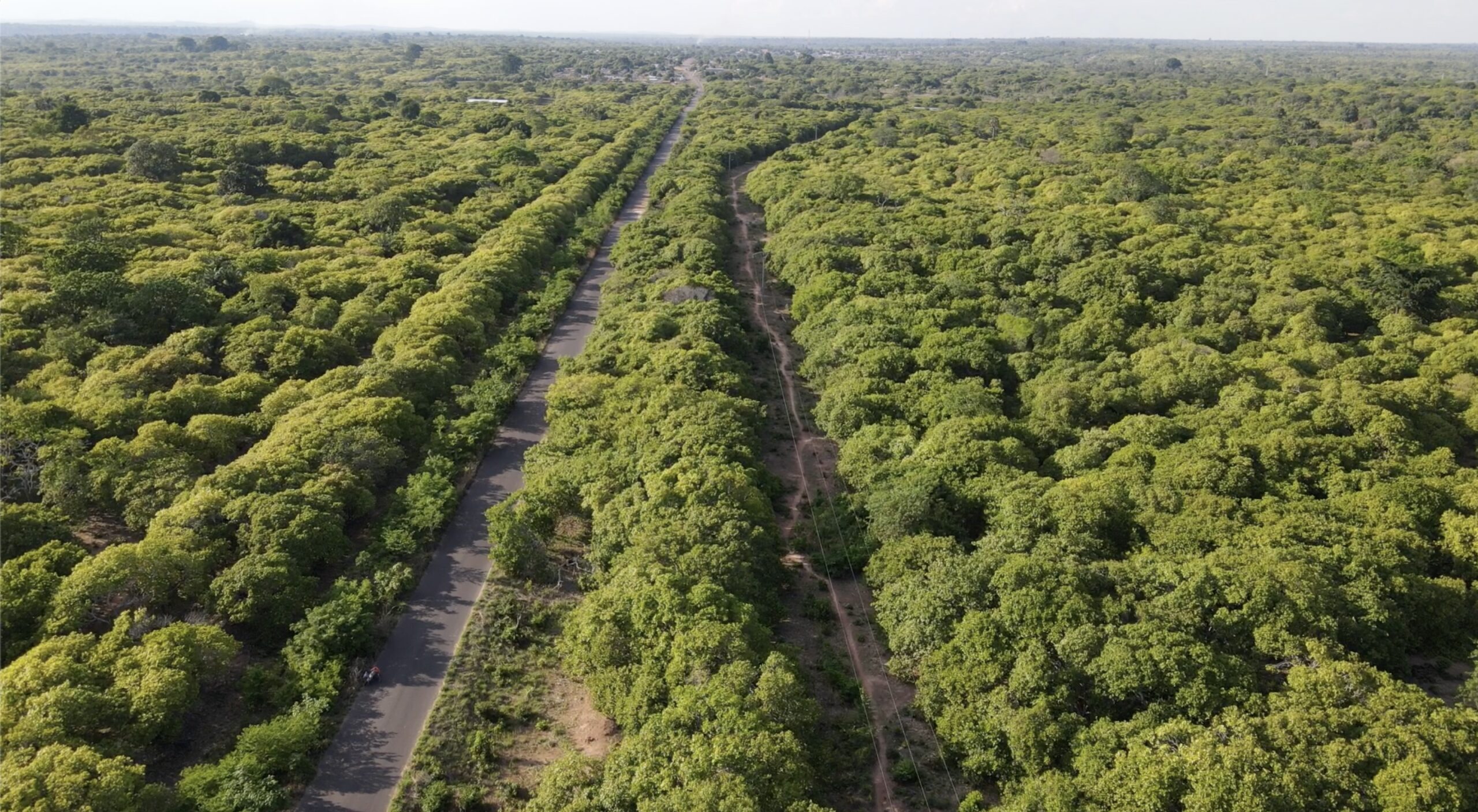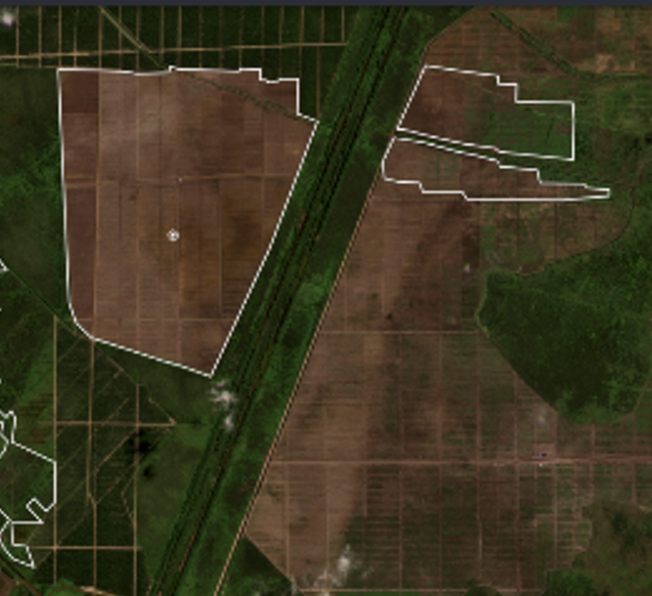
THE CASHEW CONUNDRUM: global demand for cashews is driving nature loss and food insecurity in Côte d’Ivoire
Microsite Report (English) Report (French) Press release (English) Press release (French) Video (French)
Company statements Media coverage (English)
A new report by Mighty Earth, Regroupement des Acteurs Ivoiriens des Droits Humains (RAIDH), and Green Forest Africa reveals, for the first time, how increasing global demand for cashews has driven a rapid expansion of plantations in Côte d’Ivoire, causing nature loss and threatening food security.
The West African country is now the number one exporter of cashew in the world, earning over $961 million from cashew exports in 2021, and producing more than one million tons of cashew in 2022. Last year the global cashew market was worth $7 billion.
Côte d’Ivoire has lost as much as 90% of its forests over the past 30 years, with agriculture, largely cocoa, as the primary driver. The report warns that further nature loss from cashew expansion must be avoided.

Satellite analysis by Mighty Earth reveals that some cashew-growing regions in Côte d’Ivoire have seen as much as a 25% loss of primary forest cover between 2019 – 2023. An area nearly the size of the Hawaiian islands (1.6 million hectares) is used to cultivate cashews in Côte d’Ivoire. While providing vital income for farmers, much of this farming has taken place on forested savannah landscapes, crucial for wildlife.
The Conseil du Coton et de l’anacarde (Cotton and Cashew Council), which oversees the Ivorian cashew sector, says the industry plays a vital role in the economy of the north of the country, supporting around half a million farming households. However, the report reveals that the expansion of cashew orchards over vast areas has created “green deserts” devoid of biodiversity. When combined with heavy use of chemical pesticides, single-crop cashew ‘monocultures’ pose an existential threat to the country’s native flora and fauna.
Cashew expansion comes with a human cost too. In northern Côte d’Ivoire, cashew trees have rapidly replaced the cultivation of traditional food crops such as yams and cassava, meaning farmers must buy these diet staples. A supply glut of cashew in early 2023 caused the market to crash, leaving many rural households vulnerable to food and nutritional insecurity.

What we’re calling for:
- Industry actors across the cashew supply chain to work with local farmers, civil society, and government agencies to restore cashew landscapes by investing in sustainable farming practices, reduce farmers’ dependency on cashew, and take action to protect those working in the industry.
- Companies buying and selling cashews to develop transparent, full (farm-level) traceability to understand the range of environmental and social issues present in the places where they are sourcing cashew.
- Better regulation of the industry and promotion of socially and ecologically responsible cashew supply chains.
- EU, UK, and US regulators to introduce measures that would ban the sale of cashew linked to deforestation and the destruction of natural habitats in their markets.
FOR MORE CONTENT HEAD OVER TO OUR NEW MICROSITE


